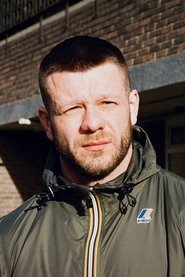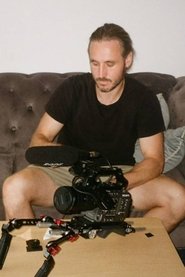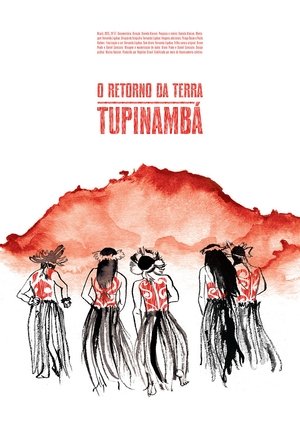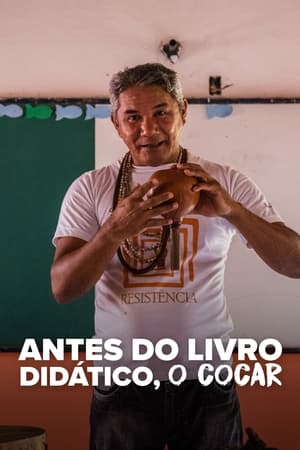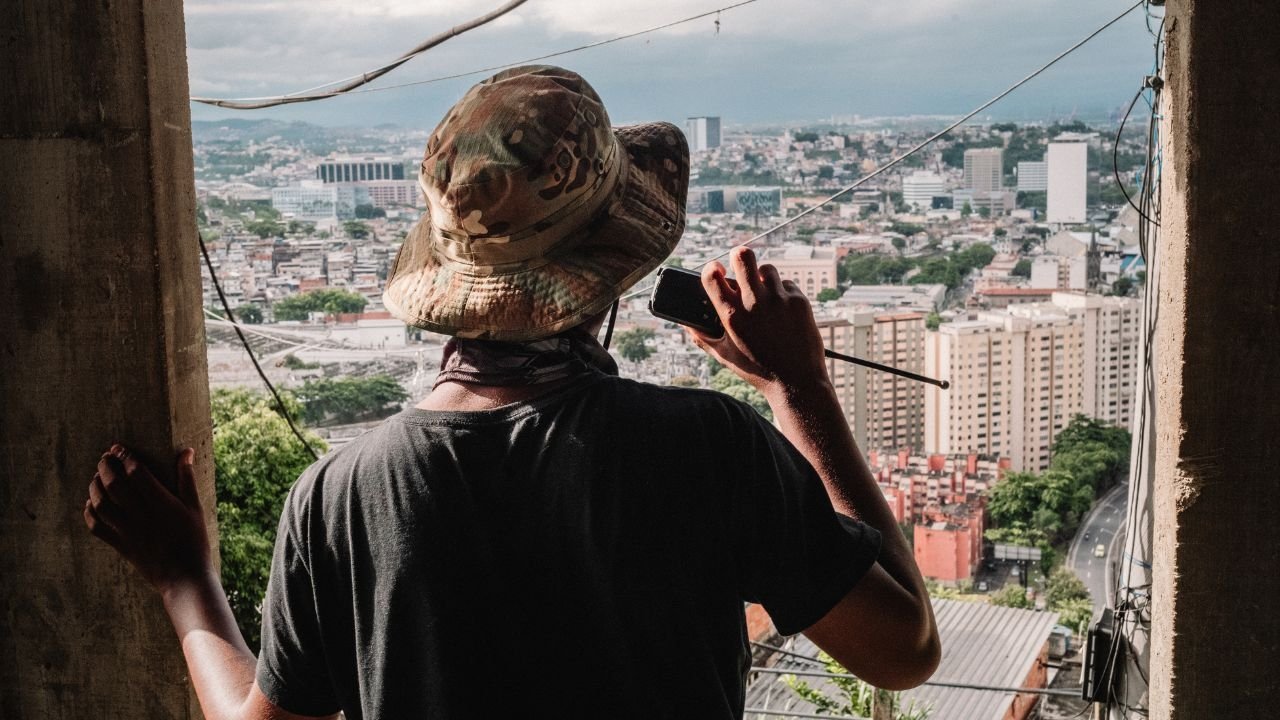
Favela Government(NaN)
How a street gang became a government
Brazil's "Red Command" drug cartel is considered a plague by the government. But for the people of the favelas they control, Red Command *is* the government. They’re the de facto leadership of the area. The gang has taken over the role of the authorities in their shanty towns, where the state has long abandoned them. Away Days got special access to the Rio favelas, hanging out out with young foot-soldiers, speaking to commanders, and seeing how civilians live between the gangs and the equally violent police militias.
Movie: Favela Government
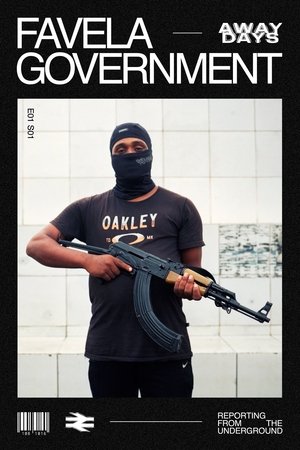
Favela Government
HomePage
Overview
Brazil's "Red Command" drug cartel is considered a plague by the government. But for the people of the favelas they control, Red Command *is* the government. They’re the de facto leadership of the area. The gang has taken over the role of the authorities in their shanty towns, where the state has long abandoned them. Away Days got special access to the Rio favelas, hanging out out with young foot-soldiers, speaking to commanders, and seeing how civilians live between the gangs and the equally violent police militias.
Release Date
Average
0
Rating:
0.0 startsTagline
How a street gang became a government
Genres
Languages:
EnglishPortuguêsKeywords
Similar Movies
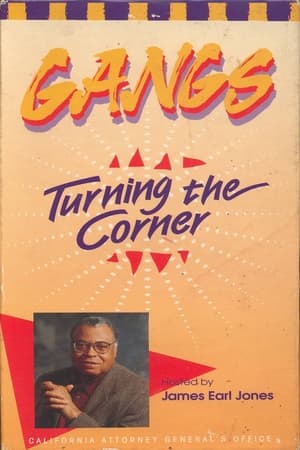 0.0
0.0Gangs: Turning the Corner(en)
This 60 minute video captures in a dynamic format the people and programs that are successfully turning the corner on gangs. Stories and examples from across the United States will highlight winning approaches to confronting the gang problem.
The Money Lenders(en)
Critical investigation of The World Bank and IMF. Too hot for PBS, but prime time TV everywhere else. Do the World Bank and IMF make the poor even poorer? Are the Bank and IMF democratic institutions? Why do people demonstrate against the Bank and IMF? For the first time, a documentary global investigation of major criticisms of the World Bank and the International Monetary Fund (IMF), two of the most powerful financial institutions in the world. Five country case studies are presented, each concentrating on a different aspect of critics' charges: 1. Bolivia: Debt, Drugs and Democracy 2. Ghana: The Model of Success 3. Brazil: Debt, Damage and Politics 4. Thailand: Dams and Dislocation 5. Philippines: The Debt Fighters. The charges, including those related to structural adjustment, are controversial and provocative. Some go to the heart of the power and policies of these institutions.
Brasilianische Protokolle 2(de)
Documentary film about a slum community on the outskirts of Recife, a major city in northeastern Brazil. A portrait of life in extreme poverty and lawlessness: men without work, hopeless women, hungry and sick children.
 9.0
9.0The Bowmakers(en)
This documentary film explores the world of the bow and the extraordinary masters who make them. The bow is the Cinderella of the orchestra—the overworked and overshadowed ally to its more glamorous partners. Few people, even among lovers of classical music, think of the bow as an instrument in its own right, but players of stringed instruments see them differently. To musicians, the bow is as essential to expressing the soul of the music as the violin or cello. The film follows the journey of the “silent servant” of the music world—from the workshops of the virtuosos of the trade, to the birthplace of the bow in France, and to Brazil, home to the imperiled tree from which the world’s finest bows are made.
 3.5
3.5Match 64: The Maracanã(en)
A documentary following the day life of fans in Brazil on July 13, 2014: the day when Germany and Argentina met up in the finals of FIFA World Cup.
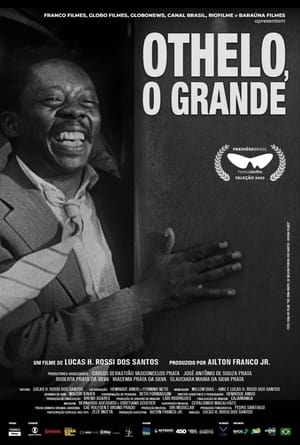 0.0
0.0Othelo The Great(pt)
A beautifully told story using archival footage to explore the life of Grande Otelo, a groundbreaking Black Brazilian actor. Overcoming poverty and racism, he built a stellar career, facing controversy yet using it to challenge prejudice.
 6.9
6.9An Invisible Victim: The Eliza Samudio Case(pt)
A star goalkeeper threatens a woman who is pregnant with his child. Her pleas for help go unanswered in the shadow of his fame — then tragedy strikes.
 8.2
8.2Rush in Rio(en)
Legendary rock band Rush plays the Maracana Stadium in Rio de Janeiro, Brazil, on the final night of the band's 2002 Vapor Trails tour, in front of 40,000 fans.
 8.0
8.0Piripkura(pt)
The last two surviving members of the Piripkura people, a nomadic tribe in the Mato Grosso region of Brazil, struggle to maintain their indigenous way of life amidst the region's massive deforestation. Living deep in the rainforest, Pakyî and Tamandua live off the land relying on a machete, an ax, and a torch lit in 1998.
 0.0
0.0AMAZORIOCA(pt)
A journey through the Brazilian Amazon, guided by the eyes of Renato, a Carioca turned Amazorioca. A reflection on identity, the legacy of an ancestral territory, and the cost of progress. An ode to the forest and the fragility of what remains.
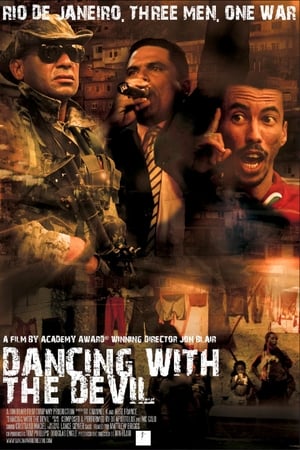 5.4
5.4Dancing with the Devil(en)
Rio de Janeiro. September, 2008. Three men stalk the gloomy back-alleys of the city's notorious slums. Spiderman, a 28-year-old drug lord, embarks on a routine patrol through the shadowy streets of Coréia, the sprawling slum he controls. Inspector Leonardo Torres, a muscle-bound operative from Rio's drug squad, inches through the alleys of another shantytown, shots ringing out around him. And Pastor Dione, an evangelical preacher intent on ending Rio's drug conflict, trawls the slums for lost souls. With unprecedented access to some of Rio's most wanted men, Dancing with the Devil in the City of God tells the story of Rio's drug war through the eyes of three men locked into one of the bloodiest urban conflicts on earth. Written by Jon Blair and Tom Phillips
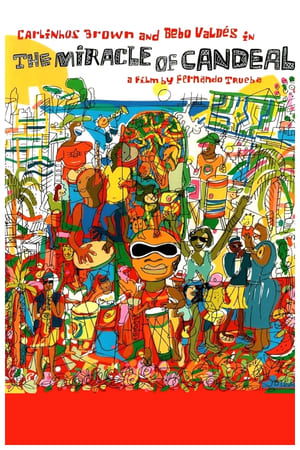 5.2
5.2The Miracle of Candeal(es)
The story of the Candeal favela in Salvador de Bahia, Brazil, where musician Carlinhos Brown carries out social and cultural initiatives that protect and enrich the lives of its inhabitants every day.
 0.0
0.0Belov: A Life at Sea(pt)
The first biographical documentary film about the greatest Brazilian sailor by miles traveled. Setting sail from Salvador - Bahia - Brazil, Capital of the Blue Amazon, the Ukrainian Brazilian personality Aleixo Belov has already circumnavigated the globe five times, three of them alone, aboard a little sailboat built in his own backyard.
 6.6
6.6Mariner of the Mountains(fr)
Using his personal background, Brazilian Karim Aïnous invites the audience to follow/discover an incredible journey through space and time, with an original and usually unknown prism/aspect : The strong bound between Algeria and Brazil, two countries with political and revolutionary strikes that mould their evolution.
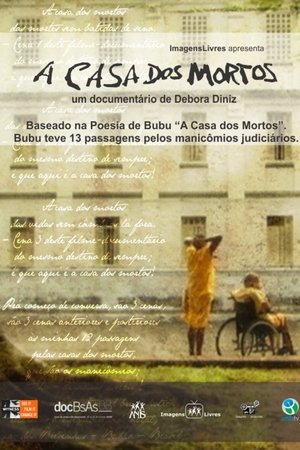 7.0
7.0The House of the Dead(pt)
Bubu is a poet who has been committed to state institutions for the insane twelve times. He challenges the meaning of hospital-jails, hybrid institutions which sentence the insane to life imprisonment. The poem "The House of the Dead" was written during the filming of the documentary and reveals the forgotten deaths that occur in these judicial asylums. There are three stories in three acts of death. Jaime, Antonio, and Almerindo are anonymous men, considered dangers to society, whose punishment is the tragedy of suicide, the unending cycle of being committed to the asylum, or surviving life imprisonment in the house of the dead. Bubu is the narrator of his own life and also of his own destiny-death in the asylum.
